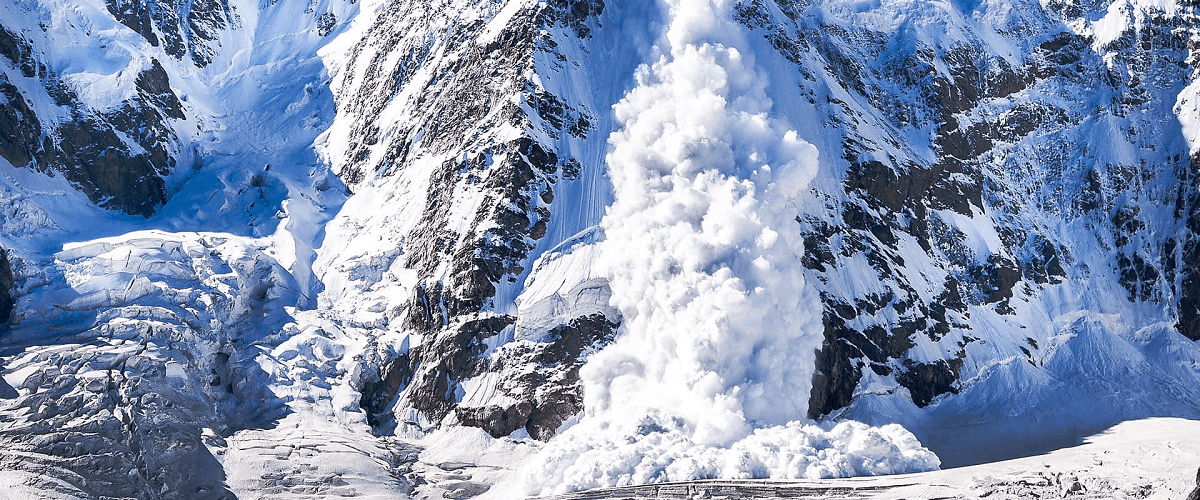Few folks have to worry about avalanches. But they happen all the same. And if you’re not careful, it can be the last thing that happens to you. Here’s how to avoid and survive an avalanche.
As the winter season rolls in, so will popular activities like skiing, snowboarding, and winter camping/hiking. But these activities are hotspots for a wave of fallen snow. as many as 150 people die from an avalanche each year. Around 90% of snowy landslides are caused by humans, too.
But let’s say that you want to be safe anyway, wise. Here are some common items and equipment that people carry to help them in the event of an accident.
- A GPS: It helps you locate and be located in the chance that you’ve been buried by a wave of snow.
- An Avalanche Shovel/Probe: These are shovels or rods that help someone either dig out of buried snow to escape or help people dig into the snow to find a buried person.
- An Avalanche Transceiver: this is a small radio device that either transmits radio signals or receives them. If you’re in an emergency, you set it to send a help signal. If you’re safe, you have it set to receive, in hopes of catching a signal of someone in need.
But let’s say it’s too late. You were caught in an avalanche and you need to do something fast. Here’s what to do.
- Drop Your Heavy Crap: Things like ski gear and other bulky items will only weigh you down and make it easier to get dragged under a snowy landslide’s surface. If it won’t help you survive the moment, abandon it.
- Try and “Swim”: Snow is kind of like water when it’s moving like that. If you’re looking to escape the flow of the snow, try moving as if you were swimming. Move to the sides and to increased elevations, similar to floods and rivers.
- Make a Bubble: If you’re already buried, push or move snow out and away from your mouth and chest. This will give you some oxygen to breathe and move room to do so. Don’t expect to be able to make a lot of room for yourself, but make what you can.
- Stay Calm and Wait: Panicking will waste oxygen. If you don’t believe you have the tools to dig out, or are too deep to do so, then you have to wait for emergency personnel to come and find you. This is why having a GPS and Transceiver is helpful. Don’t yell. They won’t hear you unless they’re already right above you. And even then, it’s sketchy.
Be safe, be careful, and remember this guide. You don’t want to become one the 150.

